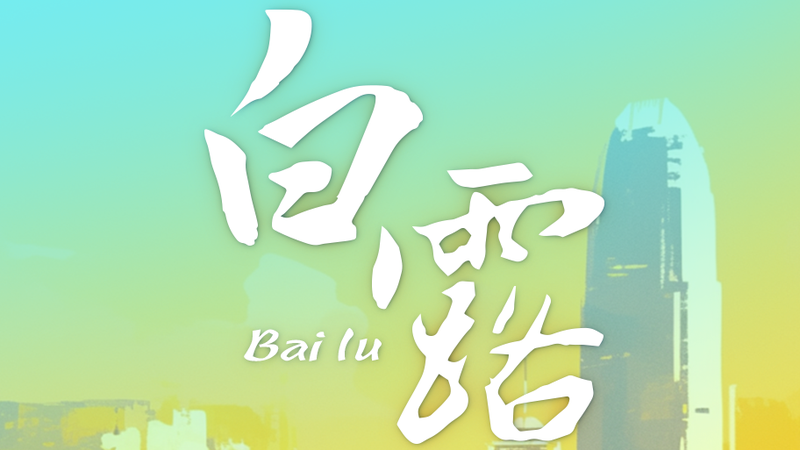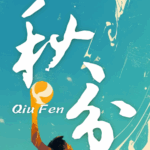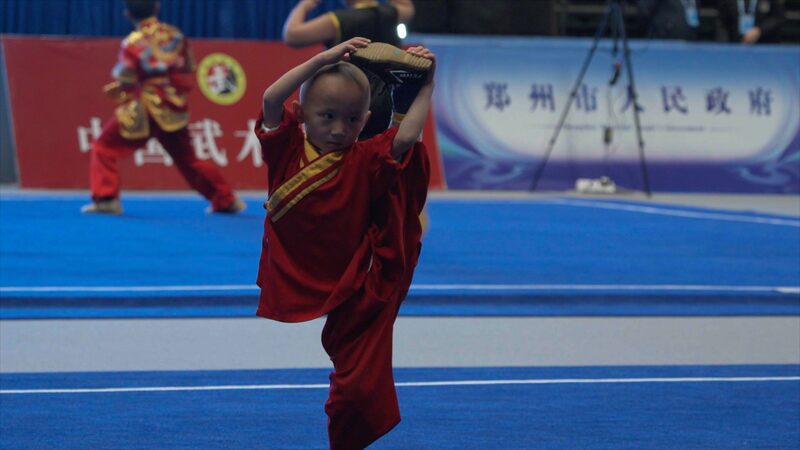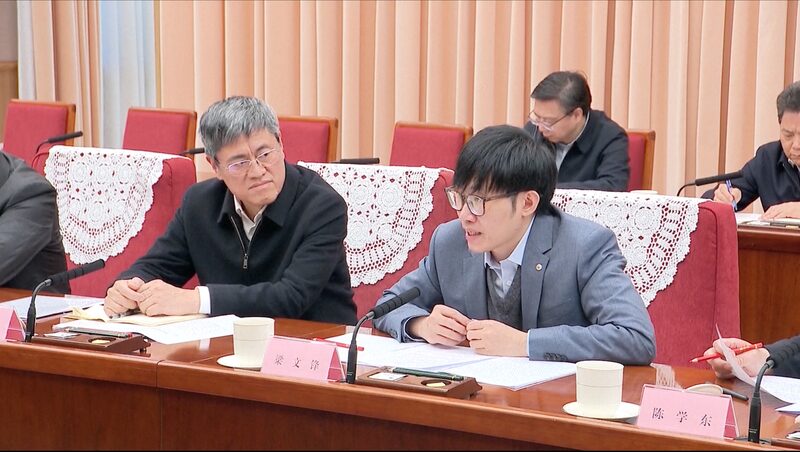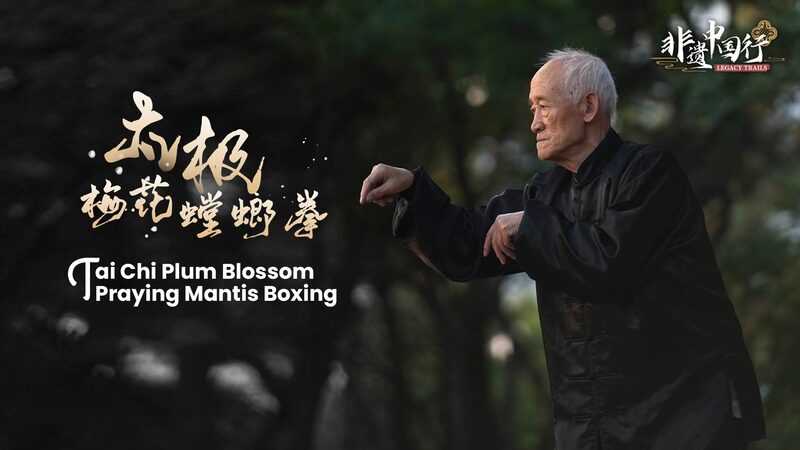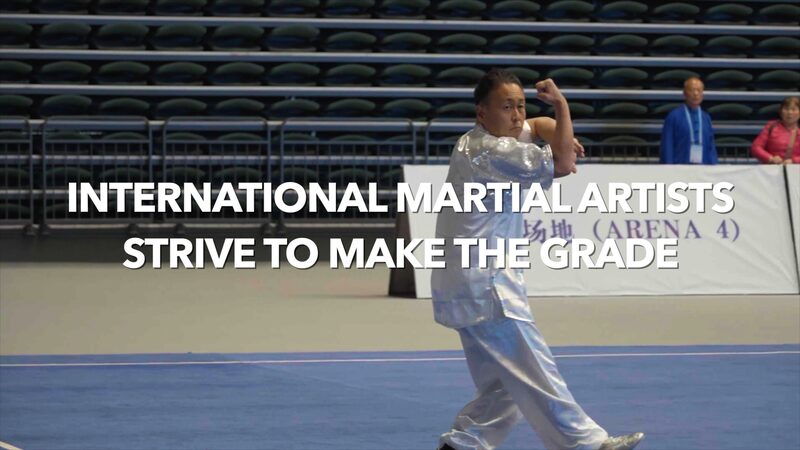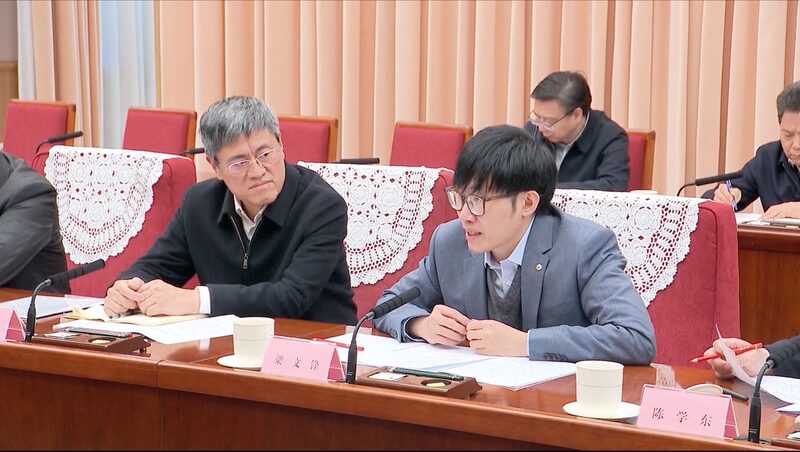As the White Dew season (Bailu) ushers in crisp autumn air, martial artists across the Chinese mainland are channeling its symbolic balance of strength and subtlety at the 15th National Games. The solar term, marking nature's shift toward harvest and reflection, mirrors the philosophical core of Chinese martial arts — where controlled movements like lightning strikes coexist with meditative stillness.
From Long Fist's sweeping strikes to Tai Chi Sword's fluid precision, practitioners emphasize harmony between opposing forces. "White Dew nurtures energy; martial arts nurture the mind," explains Master Liang Wei, a Wushu coach participating in the Games. "This season reminds us to steady our stances like rooted trees while maintaining the adaptability of falling leaves."
The National Games, China's premier domestic sports event, highlights this cultural synergy. Over 3,000 martial arts competitors are demonstrating styles ranging from Southern Broadsword techniques to Chen-style Tai Chi, with judges evaluating both technical skill and embodiment of traditional principles. Academics note the event's role in preserving intangible heritage while adapting to modern athletic standards.
For global observers, the Games offer insights into China's cultural governance strategies and soft power initiatives. Business analysts highlight growing international interest in martial arts tourism, particularly during seasonal festivals like Bailu. Meanwhile, diaspora communities see the event as a bridge connecting ancestral traditions with contemporary Asian identity.
Reference(s):
cgtn.com
